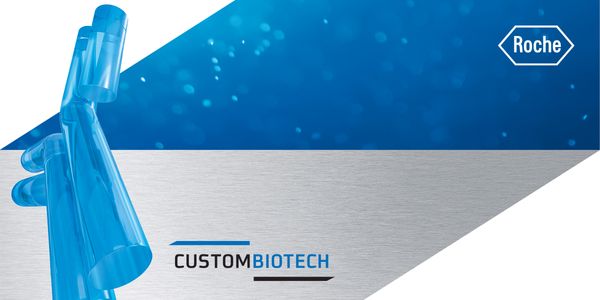APR 14, 2020 | 9:00 AM
DATE: April 14, 2020 TIME: 9:00am PDT, 12:00pm EDT Besides being Gibco Cell Culture Heroes, what do Vivek, Sandra, Daisy, Ameet and Kristine all have in common? They are all stuck at home fo...
MAR 27, 2020 | 9:00 AM
DATE: March 27, 2020 TIME: 9:00am PDT, 12:00pm EDT Osteoporosis causes a decrease in bone density, along with deterioration of the bone’s microarchitecture at a faster rate than normal...
JAN 30, 2020 | 9:00 AM
DATE: January 30, 2020 TIME: 9:00am PST, 12:00pm EST Recent advances in in vitro 3D cellular culture technologies, such as organoids, rapidly developed and established novel, more physiologi...
DEC 17, 2019 | 9:00 AM
DATE: December 17, 2019TIME: 9:00am PST, 12:00pm EST Purpose: Liver x receptors (LXRs) are hypothesized to serve as a link between lipid metabolism and inflammation by prom...
NOV 21, 2019 | 9:00 AM
DATE: November 21, 2019TIME: 9:00am PST, 12:00pm EST Multiple Myeloma is a disease of terminally differentiated plasma cells with the massive production of monoclonal immunoglobu...
OCT 31, 2019 | 9:00 AM
DATE: October 31, 2019TIME: 9:00am PDT, 12:00pm EDT INTRODUCTION: A major limitation for the development of 3D engineered tissues is the absence of viable and perfusable...
Blockade of CTLA-4 and PD-1, members of the B7/CD28 family, have proven to be the most successful cancer immunotherapies to date. While the current therapeutic focus remains on B7/CD28 family...
Speculations that some form DNA alteration might be utilized by the brain date to the 1960s [1] wherein hypotheses for genomic alterations of germline DNA were proposed for immunoglobulins an...






















